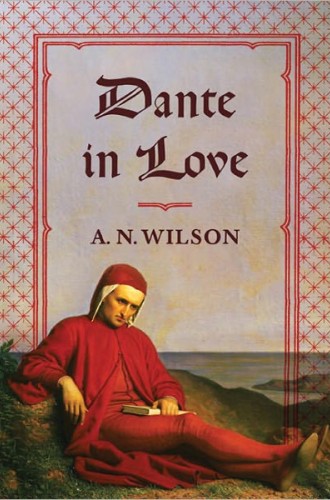A taste for Dante
T. S. Eliot famously said that the world of literature is handily divided between Dante and Shakespeare: the one is deep, the other broad. Perhaps. What is certain is that we never seem to tire of the two. Both writers are perennially "in production," with new takes on 400-year-old plays on stage and screen and well over 20 fresh English translations of the entire Commedia published since World War II.
Enduring fame, however, is a mixed blessing, for a writer's outrageous good fortune inevitably has its slings and arrows. For instance, Roland Emmerich's 2011 film Anonymous has tried once again to take away the Bard's plays and confer them instead on the Earl of Oxford. An analogous hijacking befell Dante the year before: the poet's feckless pilgrim protagonist, scared of his own shadow and always in need of rescue, becomes in the 2010 computer game Dante's Inferno a sword-wielding action hero, and the magisterial Beatrice—his rescuer in the Commedia—a décolleté damsel in distress.
Despite Dante's cultural currency, both high and low—what town of any size lacks a nightspot called "Dante's Inferno"?—the poet is a harder sell than the playwright. Instead of five acts and one or two intermissions, we get over 14,000 lines of poetry with a density of reference that makes keeping track of the Houses of York and Lancaster, or who's who on the shores of Bohemia, seem easy. To be sure, contemporary editions of Shakespeare's plays have their notes and glosses, to make sure we understand the Elizabethan language and at least some of the allusions; but that is nothing like the compendium of information that weighs down most of the standard annotated editions of Dante, replete with diagrams and charts, timelines, the intricacies of politics, geography, the stars, Latin and vernacular literatures and, most daunting of all, theology. Unlike the apparatus-free Gideon Bible, which presents the extraordinarily complicated Good Book unadorned, the Commedia seems unable to stand on its own.





